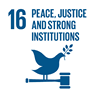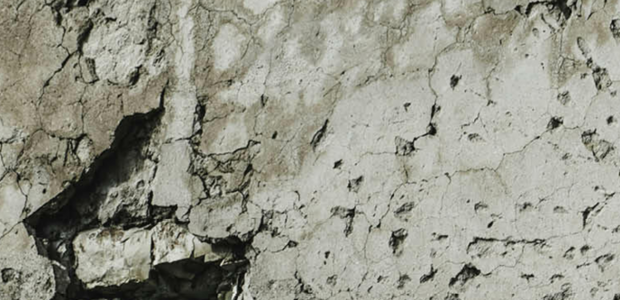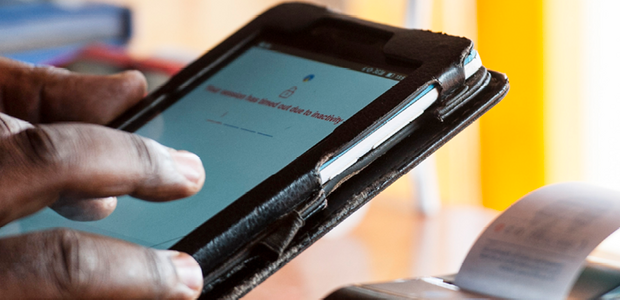This project aims to advance knowledge on (re)building bureaucratic institutions and the social contract to sustain peace and foster inclusive statebuilding in post-conflict countries.
Which interventions work to ensure sustained peace and inclusive statebuilding trajectories in conflict-affected settings? Despite significant international efforts, including increased aid budgets, interventions often fail due to a flawed assumption that institutions can be built from scratch in post-conflict contexts.
Previous research at UNU-WIDER focused on documenting and analyzing the institutional legacies of violent conflicts. This project continues by analyzing how these legacies affect trajectories of statebuilding in post-conflict settings.
The key questions this project seeks to answer are:
- What actions can be taken to ensure more cohesive and inclusive bureaucracies and institutions in post-conflict settings that are capable of delivering public goods and services and collect revenues more effectively?
- How can countries emerging from violent conflict strengthen the social contract between the new state and citizens and rebuild social trust and cohesion in ways that ensure the sustainability of peace and avoid the renewal of conflicts?
Watch this space
All papers, events, briefs, blog posts, and opportunities to engage relating to the project will be available on this webpage.
This project contributes to the research and policy discussions on trust and statebuilding through stakeholder meetings, UN major events, open access book volumes, working papers and factsheets.

 Join the network
Join the network





